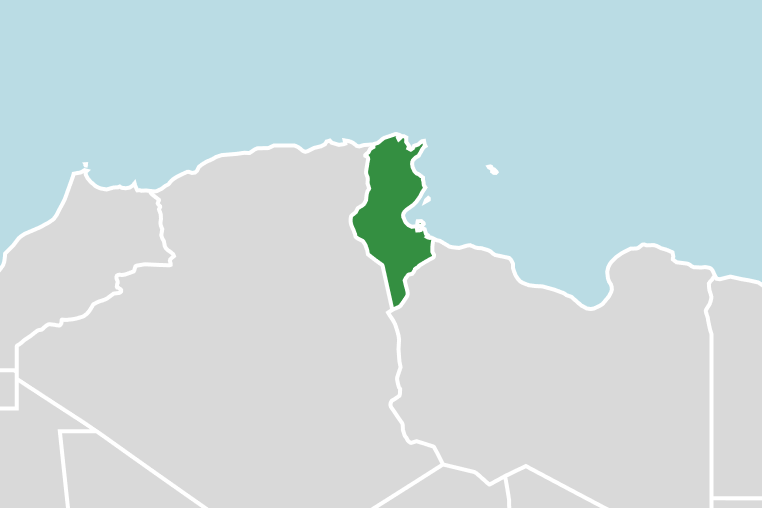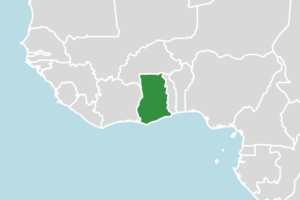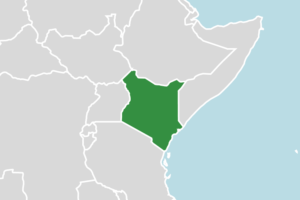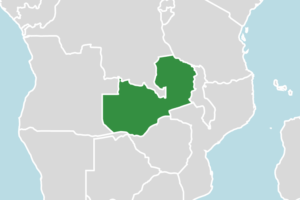Tunisia’s African footprint set to grow

Tunisia, historically known for the position of the city of Carthago, has a long tradition with trade. While in the last decades trade was strongly focused on Europa, the country has in the recent years recognised the potential of African markets and is thus currently focus more and more on trade on the continent.
To support this, Tunisia joined the Common Market for Eastern and Southern Africa (COMESA) in 2018 and ratified the African Continental Free Trade Area (AfCFTA) agreement in November 2020, to deepen its African integration.
In 2021, 70% of Tunisian exports went to the European Union while only 10% of its exports were to the African continent – even though it provides an export potential of up to USD 2.2 billion for Tunisia, according to the World Trade Organization (WTO).
How the GIZ is supporting the implementation of the AfCFTA in Tunisia
The Support to Trade Agreements with Africa project (implemented on behalf of the German Federal Ministry for Economic Cooperation and Development) provides advice on negotiating and implementing intra-African trade agreements and is comprised by several funding projects, amongst other the AfCFTA programme. It is complemented by activities of bilateral cooperation in the field of trade with Africa in Tunisia.
The project assists public and private actors take advantage of the opportunities offered by these trade agreements.
Our work includes:
Work done so far:
Facts and figures
Tunisia’s intra-African trade:
Tunisia’s intra-Africa trade (2021):
USD 3 billion
Mineral products (mostly petroleum products) account for more than 50% of Tunisia's intra-African import
Imports are mainly from North African countries (Algeria, Libya, Egypt and Morocco) where it enjoys preferential access
Our partners in Tunisia
The Ministry of Trade and Export Development
Chambers of Commerce and Industry
Tunisia’s customs authorities
Related Content



